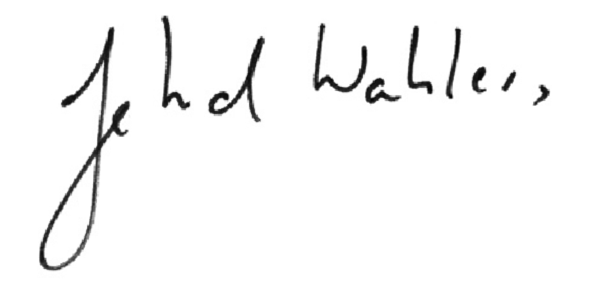Issue: 4/2018
In his interjection, Sebastian Enskat points out that the crisis of the liberal world order is a crisis of self-confidence above all else. Despite all our self-criticism, we have to ensure that we do not slide into defeatism. Instead, we need to reflect on our strengths and continue the success story of the last 70 years.
This article is followed by an interview with Olaf Wientzek, who maintains that Europeans need to make a stronger commitment to security policy if this plea is to become reality. Europe must also seek closer alliances with partners such as Japan, Canada or Mexico; countries that share the values espoused by the liberal world.
In this search for global partners, Patrick Rüppel calls on Germany and the European Union to direct their attention to Asia in particular. The Asia-Europe Meeting (ASEM) could provide a suitable platform for promoting cooperation on a wide range of policy areas.
China’s activities pose a particular challenge in the area of development and trade in this respect. While the European Union is still developing and improving strategies for contact with Asia, China is presenting a fait accompli in the countries of the Indian Ocean and thereby overtaking regional competitors such as India. Europe must not miss its chance for stronger involvement in the Indian Ocean, warns Christoph Hein.
Simon Primus and Emmanuel Gyimah-Boadi paint a gratifyingly positive picture of how African citizens are leaning towards liberal democracy. Surveys carried out by the Africa Barometer underpin the authors’ argument that the continent is much more open to democratic values – such as tolerance towards minorities – than is often assumed.
The Arab world, on the other hand, continues to be affected by the ramifications of the “Arab Spring”. Islamist and authoritarian models of government have failed. Thomas Birringer and Thomas Birringer suggest that Europe can and must focus on strengthening liberal forces in the region, not least since developments in our southern neighbourhood have a direct impact on us.
Finally, Stefan Reith turns his attention to Latin America. He appeals to Germany and Europe to incorporate the democracies of the region as equal partners in an alliance of values. Hence, particularly in light of China and Russia’s growing influence in this region, it is important to work with the US, not against it.
The crisis of the liberal world order may be making itself felt all over the world, but the contributors to this issue demonstrate that the underlying processes are by no means irreversible. However, we can only succeed in rescuing the liberal world order if the associated burdens are shared by as many countries as possible.
I wish you a stimulating read.
Yours,

Dr. Gerhard Wahlers is Editor of International Reports, Deputy Secretary General and Head of the Department European and International Cooperation of the Konrad-Adenauer-Stiftung.




